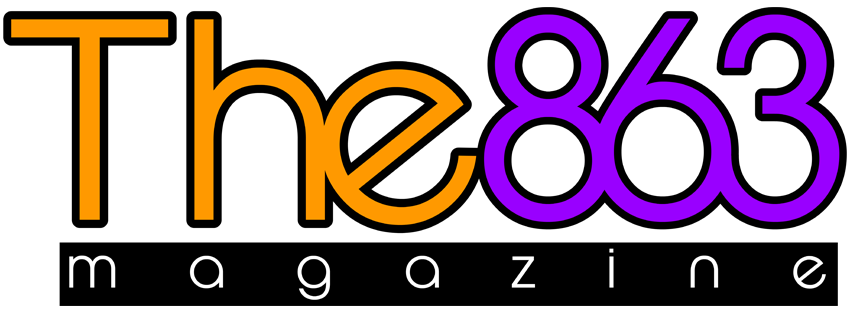Apropos of Nothing: Living Large at the HOJO Back in the Day
An Editorial by Jamie Beckett
When I was a young boy, back in the days of black and white television, when the Beatles were still together, and Dick Nixon for president sounded like a good idea – eating out was a special treat. The family would pile into the car, a 1963 Chevy Corvair, and head off to the most exotic and enticing family style eatery in three counties. It was called McDonalds. Back then you could get a meal for under a dollar. This was before the Big Mac had been invented, you understand.
The United States of America was a different place then. It was an almost entirely beef-based system of gastronomic delights. In general you could take the family out for burgers, or you could take the family out for hot dogs. There really wasn’t a whole lot more to choose from.
The really upwardly mobile folks went to Howard Johnson’s. The orange roof was like a beacon of hope on a dark night. Inside there were burgers and fries. But you could get a turkey dinner, too, or fish, or fried clams, just like mom would make if she had a large industrial kitchen back at the house. And they had ice cream. Serious ice cream like coffee, peach, macaroon, and peppermint stick. Holy smokes. They had twenty-eight flavors of ice cream when the super-market was still feeling sporty about adding a Neapolitan option to the traditional vanilla and chocolate choices. If your folks pulled the car into the HoJo’s parking lot you knew you were in for a real treat.
Of course that’s before Ralph Nader hipped us to the fact that mom and dad were motoring around town in a mass-produced death machine, or that hot dogs would kill us all. And then there was the whole thing about how sweets were actually kind of bad for you. Then again, they allowed smoking in restaurants back then. Of my four grandparents, two smoked unfiltered cigarettes, one smoked a cigar, and one coughed a lot.
The wild west wasn’t as long ago or as far away as you think. We lived on the edge, baby, Cuban missile crisis and all. The Cold War was no place for sissies.
I wonder how today’s kids will tough it out in the world of tomorrow. They haven’t had the myriad disadvantages we had to face, disadvantages that toughened us up, gave us perspective, and taught us how to live on the cold, ragged edge of existence. If you ever want to feel what it’s like to be at the end of your rope, just stay up until 10 o’clock at night, play “The Star Spangled Banner,” and then pull the power to your television on the last note of the song.
Welcome to life before cable, the internet, and cell phones.
I took my youngest out to lunch today to celebrate the fact that she hasn’t killed me yet. As we walked downtown past the coffee shop, the fancy restaurant, the burger joint, the Thai place, the sushi bar, and the Mexican eatery, I realized what a quandary she’ll be inheriting from my generation. She’s got the world at her fingertips – literally. She can take a tour of the world’s cuisine without leaving her home town. She’s got everything she ever wanted. And she’s got a cell phone that would have made the engineers at NASA drool into their Tang packets. Not because it’s a phone, heck no. They’d have been astounded to see a computer so small, so powerful, and so easy to operate.
Her generation uses their phones mostly to send photos of whatever they’re about to eat to their friends, or pictures of cats. How long before we find out the first period French class students are sending snapshots of their mid-terms to the third period French class students, in exchange for a sneak peek at the algebra test they’ll be taking later in the day?
Everything is different now. Not better. Not worse. Just different. I know that’s true because half the readers of this column are nodding their heads knowingly while the other half is wondering, “Who are Dick Nixon and Ralph Nader, what’s a NASA, and whoever heard of a Corvair?”
I don’t even want to know what would happen if I began to reminisce about rotary dial phones, Jell-o molds, or why the youngest kid in any American family of the 1960s might be plausibly nicknamed, “the channel changer.”
